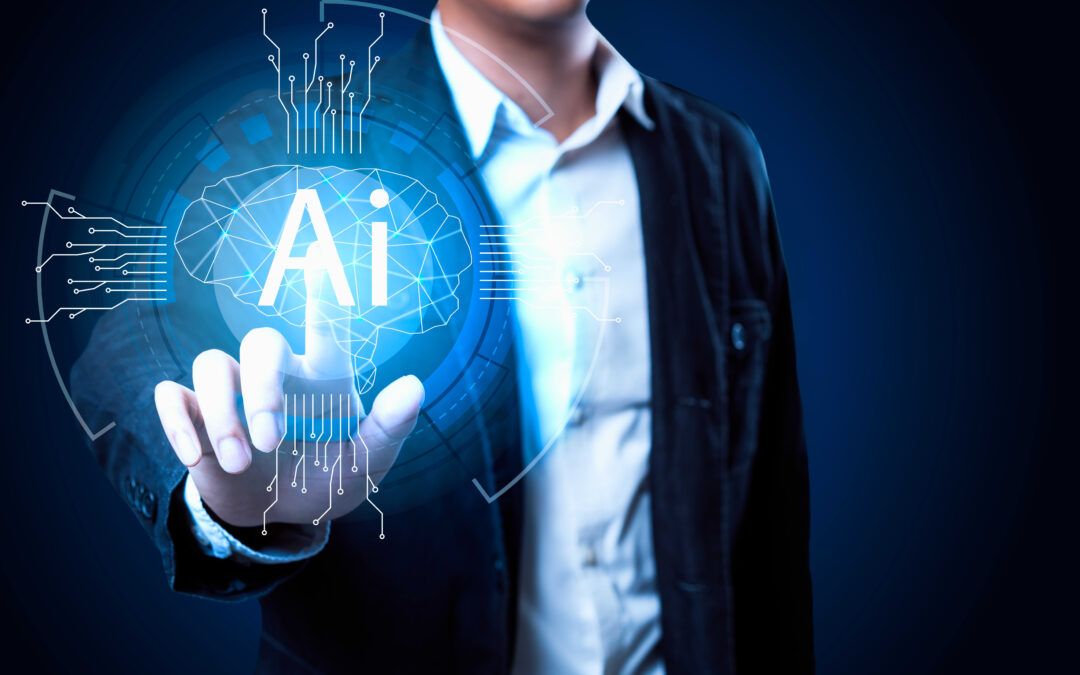
The stock market’s red-hot mania for artificial intelligence is increasingly detached from reality as adoption of the burgeoning technology appears slower than expected, according to Goldman Sachs. “Our conversations with investors have been defined by skepticism about latter stages of AI adoption,” Ryan Hammond of Goldman’s portfolio strategy research team said in a recent note to clients. “Even among investors that are long-term bullish on the potential gains from AI adoption, there appears to be considerable uncertainty about the timeline.” Goldman’s AI adoption tracker showed that only 5% of U.S. companies are using generative AI to produce goods and services. Many software companies tied to AI posted disappointing guidance during the past earnings seasons that triggered a sizable sell-off, Goldman noted. Goldman identified four phases of the AI trade . The first revolves solely around Nvidia. The second phase focuses on companies that build and maintain the infrastructure around AI, including other chipmakers and cloud providers. Phase three — home to those software providers — calls for companies to incorporate AI tools to boost their revenues and, in phase four, companies begin to see enhanced productivity from AI adoption. Phase 1: Nvidia Phase 2: Infrastructure Phase 3: Enabled Revenues Phase 4: Productivity The average stock involved in the infrastructure build-out of AI, phase 2, has rallied 26% this year, but phase 3 stocks saw a sharp pullback recently, down 19% on average between February and May, Goldman said. “Investors have grown increasingly concerned about the prospect of ‘overinvestment’ in AI, especially among the hyperscalers,” Hammond said. Relative to cash flows, tech, media and telecom, capital spending and research and development “remain well below Tech Bubble levels.” AI has dominated the market ever since the introduction of ChatGPT in late 2022 , creating a buying frenzy on Wall Street that briefly pushed Nvidia ‘s market value over $3 trillion. The ChatGPT chatbot, capable of taking written inputs from users and producing a human-like response, was an instant phenomenon globally, becoming the fastest-growing software in history. The upcoming second-quarter earnings season is the next crucial test for the durability of the AI trade and may prove the key to investor optimism, the Wall Street investment bank said. Investors should focus on revised sales forecasts of AI-related companies, Goldman said.

